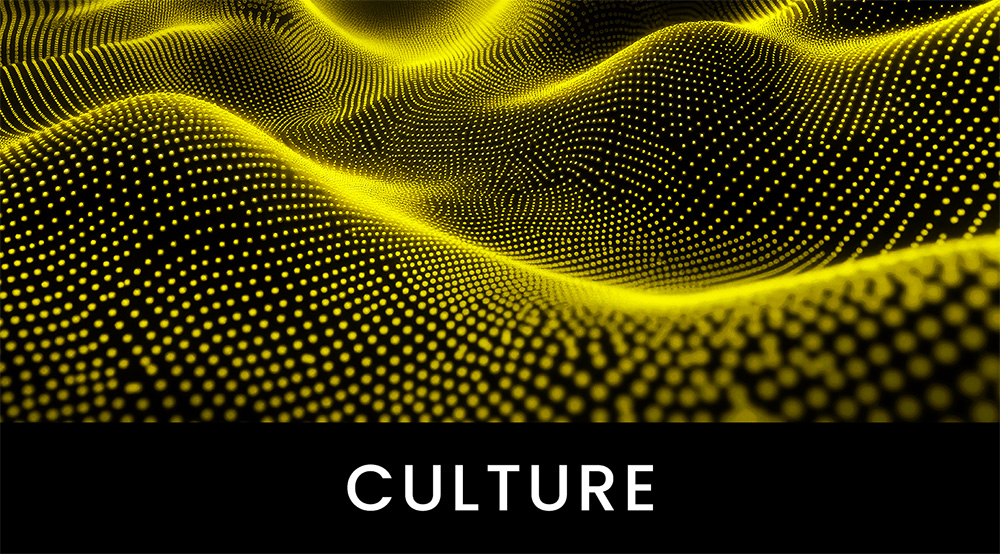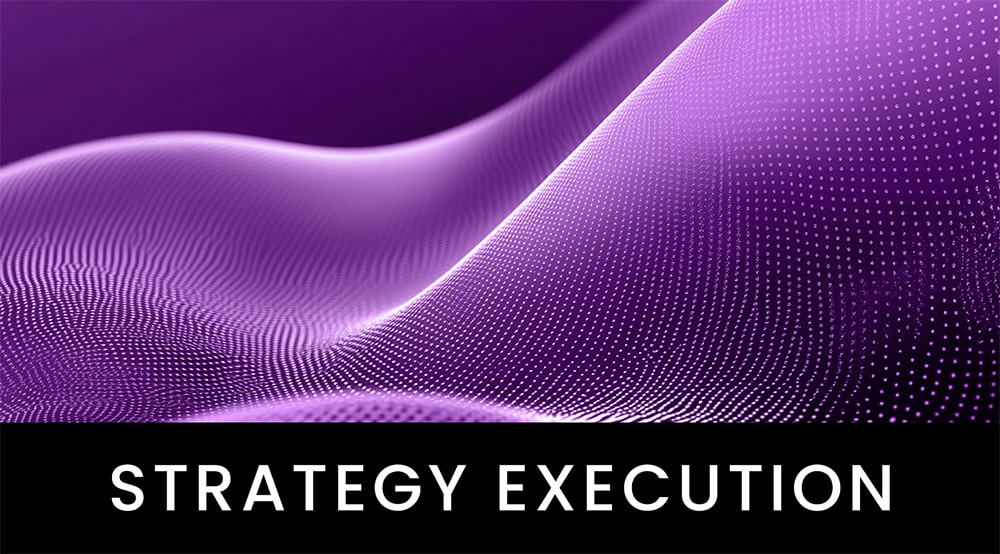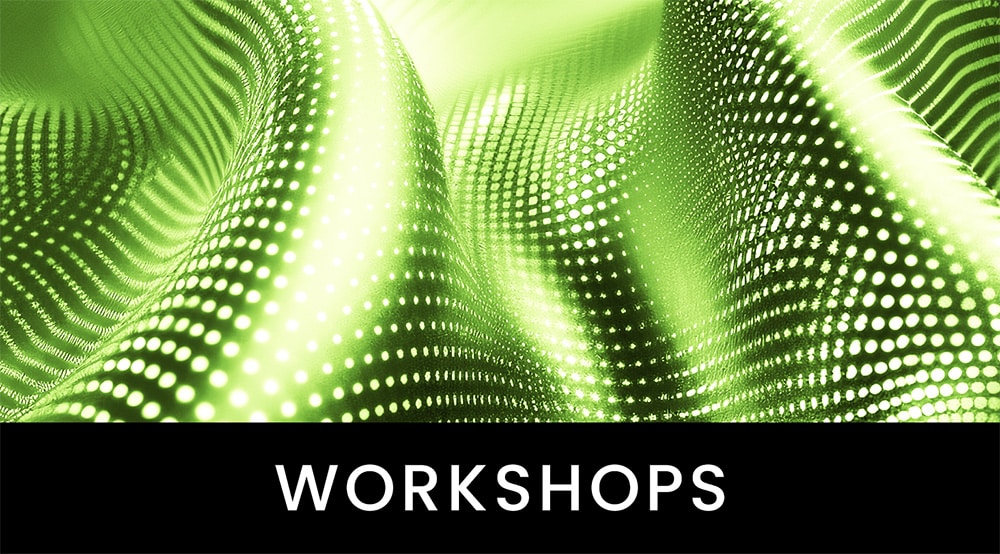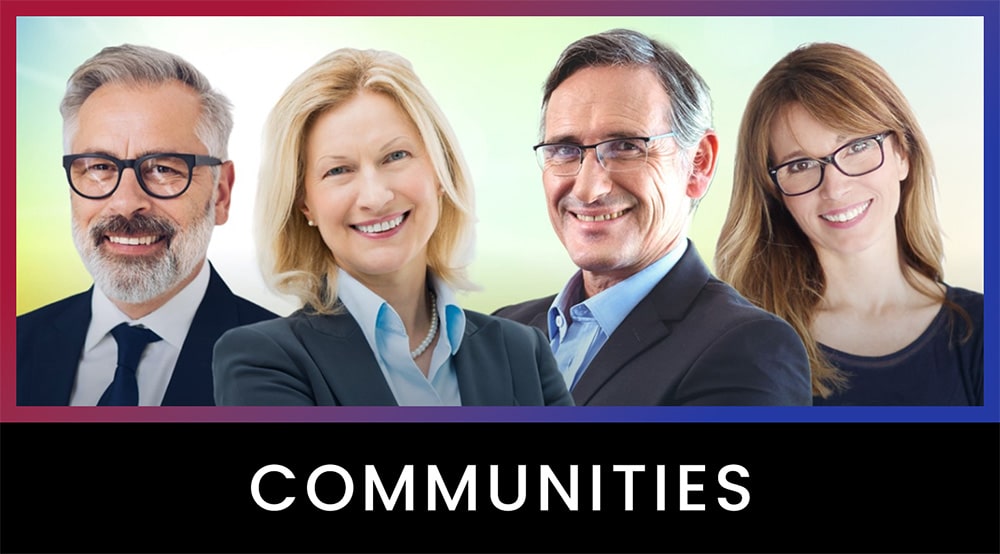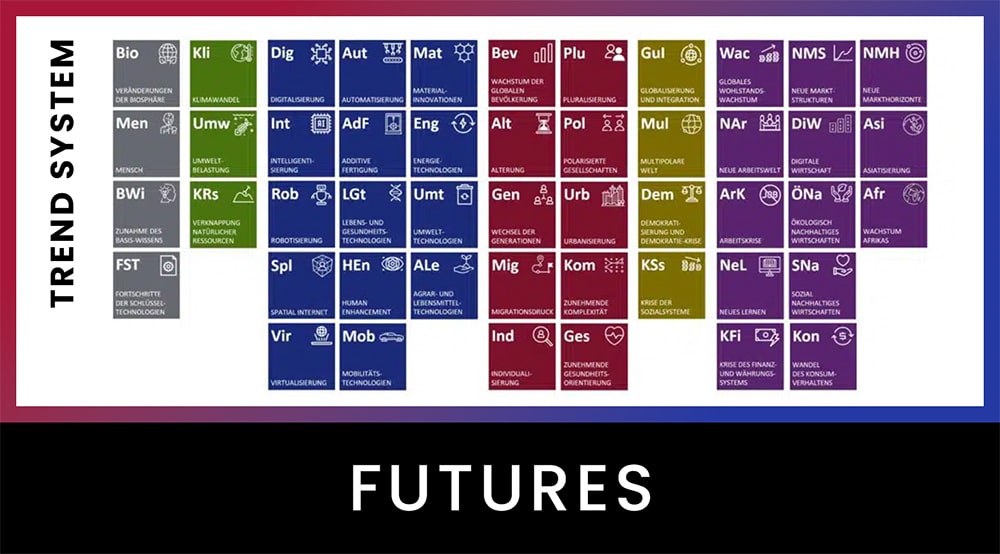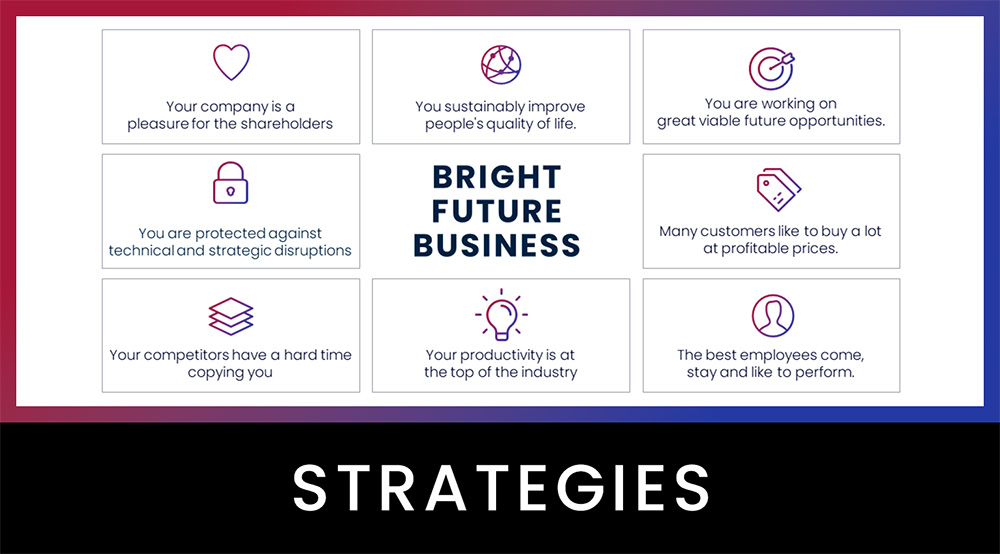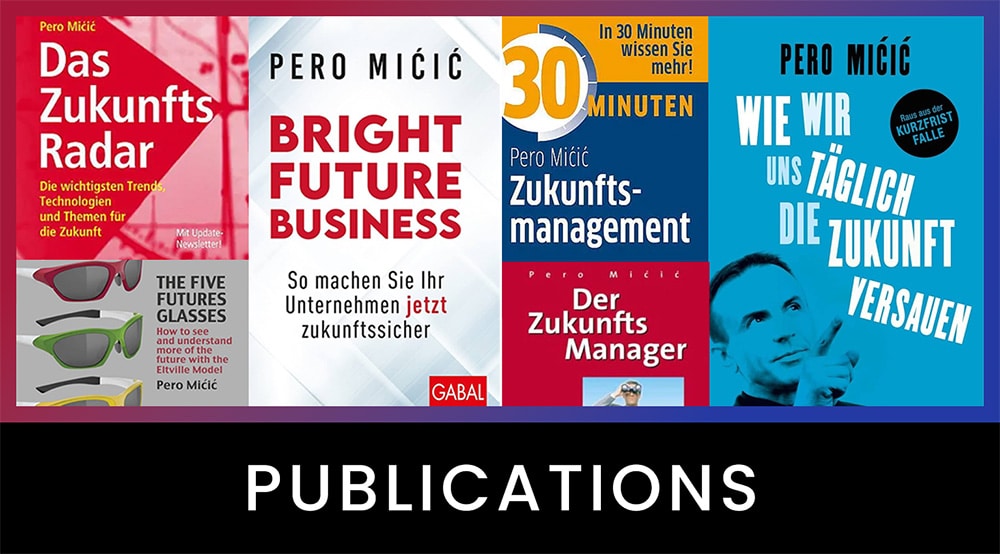Dr. Philipp Reisinger
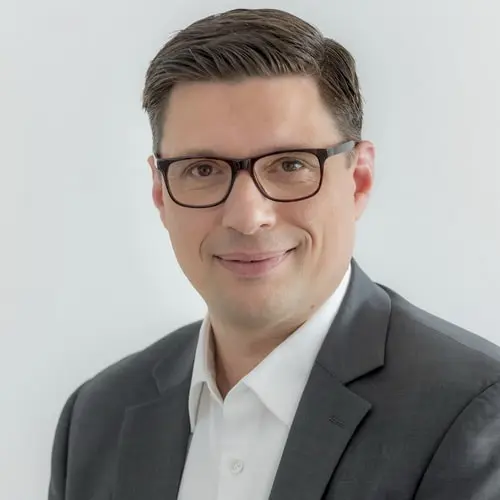
Partner
Dr. Philipp Reisinger, formerly an archaeological guide, librarian, asset manager, elementary school teacher, tutor, research assistant and company advisor, is now a partner at FutureManagementGroup AG.
Born in Austria, he studied philosophy, theology, didactics, pedagogy and canon law in Rome, Feldkirch and Munich. He earned his doctorate in systematic theology as well as in canon law. He is licensed as an ecclesiastical lawyer, judge and court director. He has worked in various fields of activity for the Catholic Church, a software company near Munich, the State of Liechtenstein and the Ludwig Maximilian University in Munich.
His atypical biography and professional career distinguish him as an interdisciplinary thinker who seeks to understand complex realities and interrelationships and make them accessible to the audience.
His interests revolve around the future of man and human coexistence in society, economy and politics, the future of religion and culture.
Professional background
- Company advisory board and mentor at software companies
- Scientific assistant and tutor at the Ludwig-Maximilians-University in Munich
- Doctorate in canon law and systematic theology in Munich
- Study of philosophy in Rome
- Studies of didactics and pedagogics in Feldkirch (Austria)
- Honorary lecturer at Fresenius University for Applied Sciences
- In the FMG team since 2013
Tasks in the FMG
- Management of future projects, especially in the machinery and tools, construction and housing, and education sectors
- Focus on the development and implementation of future strategies as well as the alignment of companies to future markets
- Lectures and moderations
Never wait for the apocalypse, take control of your future and manage it!
Dr. Philipp Reisingeras speaker
Lecture topics
As an expert in strategy development, Dr. Philipp Reisinger lectures in his area of expertise.
Agility is one of those buzzwords that everyone is talking about. In times of rapid and far-reaching change, there is no way around agility. But without a clear goal, the much-vaunted agility devolves into nervous activism, leading to a loss of focus. In order to be able to steer a company at high speed, to maintain a clear view with regard to the decisive changes, a future-robust strategic vision is required, behind which all people in a company can unite.
Content
- What trends, issues and technologies are forcing companies to become agile?
- What strategic building blocks are part of a strategic vision?
- How have companies benefited from a clear, strategic vision?
Mechanical engineering in Europe is in the midst of change. The driving forces are digital technologies that enrich not only the machines themselves, but also their production, their maintenance, and the services surrounding the machines with digital intelligence. But it’s not just the technological changes that will reshape mechanical engineering. New business models, new requirements with regard to employees and new competitors will take on outstanding strategic importance in the future.
Content
- What are the key drivers of change in mechanical engineering?
- What are innovative examples of new products and services in mechanical engineering?
- What new business models can be made effective in the mechanical engineering of the future?
The world of life and work is increasingly being shaped by artificial intelligence (AI) in its various forms. While public discussion fears the impact of strong AI, which will remain a product of literary fiction in the medium term, powerful applications of weak AI are finding their way into our everyday lives, both in private and professional settings. In order to remain competitive, companies need to think about the applications that are useful to them and the associated implementation of AI.
Content
- Which trends, topics and technologies are of particular importance in the age of AI?
- How does the implementation of AI change the business?
- When is the right time to implement AI applications in the enterprise?
In the age of Industry 4.0 and artificial intelligence (AI), the requirement profiles for companies and their employees are changing significantly. In order to exploit the potential of the increasingly available AI applications, employees must be trained to cooperate with the artificial systems in a spirit of partnership. Interdisciplinarity, creativity, collaborative and agile working methods are increasingly conquering the working world. Soft skills, once ridiculed, are becoming the sine qua non for successfully advancing in both expert and leadership careers.
Content
- Which trends, topics and technologies will determine the working world of tomorrow?
- What are the consequences of these foreseeable developments for recruiting and for the company itself?
- What support do those already hired need to be ready for the new era?
What do education providers need to consider in order to live up to their mission in the future?
Education is transforming into an education market. Educational content is increasingly virtualized and commercialized. Educational spaces are increasingly challenged by digitization. In the future, we will learn without a place, free from fixed schedules and with others. We are learning more and more ‘on demand’ – throughout our lives. Since a large number of professions – especially in the area of knowledge work – will be taken over by algorithms and intelligent systems in the future. This fact not only fundamentally changes the content of teaching, but also the skills and character traits that prepare today’s learners for the demands of tomorrow.
Content
- Which trends, topics and technologies will significantly shape the educational world of tomorrow?
- In what ways do educational institutions need to strategically reposition themselves in order to live up to their mission and endure economically?
- What skills do educational institutions need to develop to prepare learners for future needs?
What trends do churches need to consider in order to responsibly shape the future as employers and businesses?
Religiosity and spirituality, the worldview communities associated with them, and their institutions have left their mark everywhere and at all times, helping to shape and change society and culture. “Religion and spirituality,” however, is also a significant economic factor that is either discussed polemically or deliberately overlooked. The approximately 1.3 million full-time employees and the church tax revenues of about 10 billion euros of the mainstream churches in Germany speak for themselves. Away from the established religious communities, business in the esoteric-spiritual field is booming at the same time, with an estimated turnover of 25 billion euros in Germany alone. Numerous signals indicate that the religious-spiritual world will undergo long-term and lasting changes for today’s established religious communities.
Content
- What are the trends, issues, and technologies of the future that churches will need to address in order to not only suffer the future, but also shape it and protect the jobs of countless people?
- How are the trends of the future changing people’s religious-spiritual awareness?
- Beyond canon law, what leadership skills do church officials need to fulfill their responsibilities as employers and “entrepreneurs”?
- What future scenarios are emerging in the relationship between church and state?
- What promising future financing options for churches could be successful should church taxes and church contributions disappear?
If man changes, everything changes!
Human enhancement describes the latest manifestation of the trend toward self-optimization, i.e. the pharmacologically or technologically induced increase in human performance. What until recently was dismissed as science fiction is increasingly becoming a billion-dollar market of the future. Researchers and futurologists are rethinking this market into the distant future in a variety of sometimes dazzling ways. Some of the envisioned futures and the future market opportunities associated with them will be highlighted. They range from artificial organs to brain-brain communication to ectogenesis.
Content
- How is the trend of human enhancement changing society and culture?
- What is the significance of human enhancement for business and corporate leadership?



